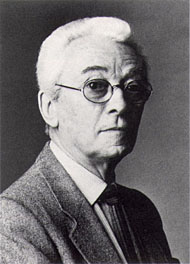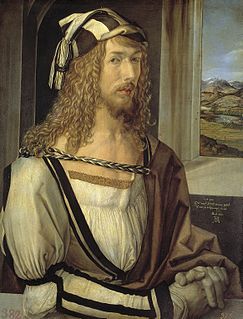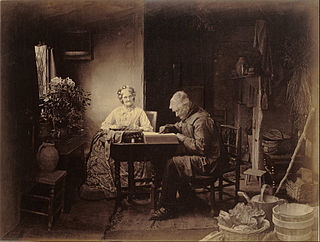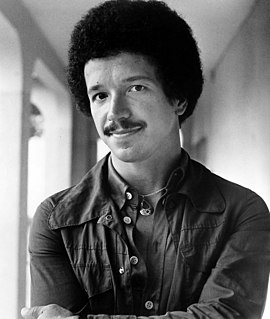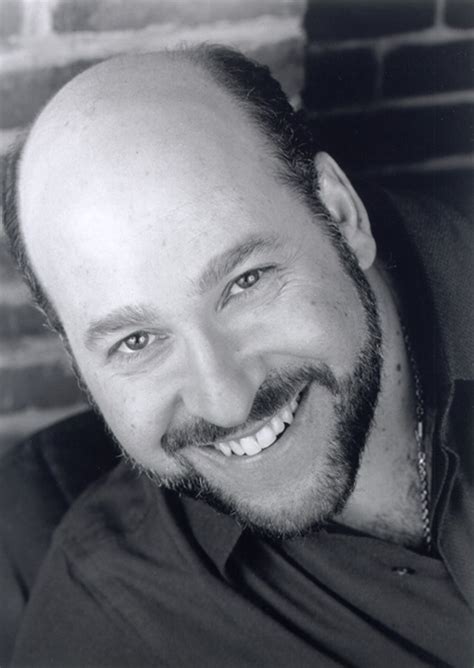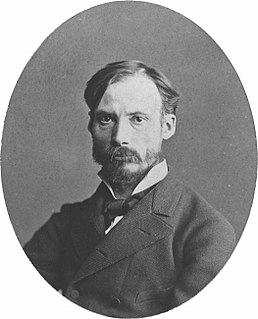A Quote by Paul Klee
Nature can afford to be prodigal in everything, the artist must be frugal down to the last detail. Nature is garrulous to the point of confusion, let the artist be truly taciturn.
Related Quotes
It is only by loving nature, and going to her for everything, that good work can be done; but then we must look to her for the materials for pictures, not for pictures themselves. It is nature filtered through the mind and fingers of the artist that produces art, and the quality of the pictures depends on the fineness of that filter.
An artist is above all a human being, profoundly human to the core. If the artist can't feel everything that humanity feels, if the artist isn't capable of loving until he forgets himself and sacrifices himself if necessary, if he won't put down his magic brush and head the fight against the oppressor, then he isn't a great artist.
A mediocre man copying nature will never produce a work of art, because he really looks without seeing, and though he may have noted each detail minutely, the result will be flat and without character... the artist on the contrary, sees; that is to say, his eye, grafted on his heart, reads deeply into the bosom of nature.
I don't need to praise anything so justly famous as Frost's observation of and empathy with everything in Nature from a hornet to a hillside; and he has observed his own nature, one person's random or consequential chains of thoughts and feelings and perceptions, quite as well. (And this person, in the poems, is not the "alienated artist" cut off from everybody who isn't, yum-yum, another alienated artist; he is someone like normal people only more so - a normal person in the less common and more important sense of normal.)

